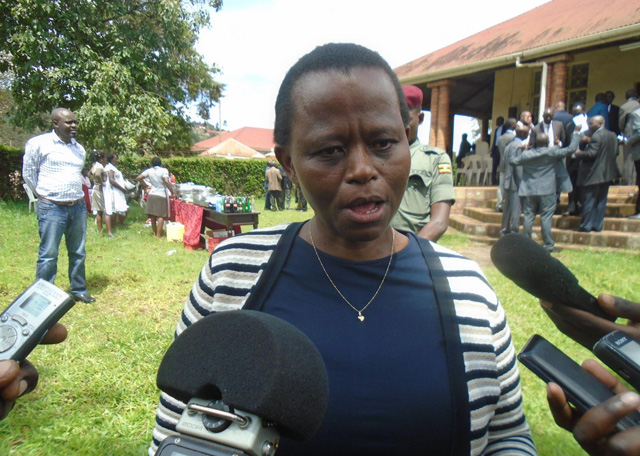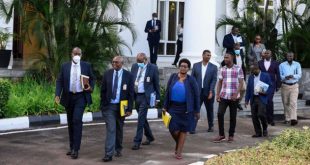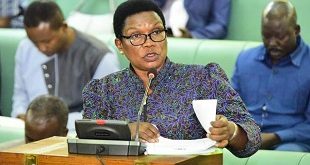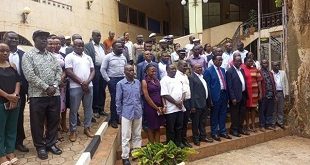
Kigezi, Uganda | THE INDEPENDENT | Leaders in Kigezi sub-region have expressed doubt on the success of the Industrial park project.
The project was launched by President Museveni in April with an aim of eradicating poverty and unemployment among the youth and women.
Early this month, the government allocated 130 billion shillings to facilitate establishment of 20 zonal industrial parks across the country.
The funds are under presidential initiative for wealth creation and local economic development.
According to the format of the project, the parks will have mini factories with an aim of skilling all the youth and women at no cost.
The mini factories will deal in carpentry, tailoring, stone-cutting, welding, shoe-making, crafts, weaving and bakery, among others. The format also requires the set up industrial cottages which will be dealing in value-addition basing on what the region produces most.
On Thursday, Lucy Nakyobe Mbonye, the State House Comptroller met both technical and political leaders from districts of Kigezi sub-region at Kabale District Council Hall in Kabale district to explain the objectives and the term of the project.
During the meeting, many leaders expressed uncertainty about the success of the project in the sub-region.
Dan Kaguta, Resident District Commissioner Rukungiri says that however much the format of the program contains setting up a 4-acre model agriculture demonstration, it may not be successful because there are some crops which cannot be grown in some districts due to weather and climate patterns.
Kaguta cites an example of Bananas which cannot be successfully grown in Kabale, Rubanda and Kisoro as well as Irish Potatoes which cannot be grown in Rukungiri and Kanungu.
Kaguta was backed by Kenneth Jogo Biryabarema, the Rubanda LCV Chairperson whop said that it is not practical to set up a 4-acre model agriculture demonstration farm in districts like Rubanda due to land fragmentation and land shortage.
John Bosco Namara, Kabale District Youth Chairperson expressed concern that youth leaders could be side-lined during implementation of project. He also doubted the project’s success since it does not capture an element of giving youth start-up capital after acquiring skills.
Jackson Muganiizi, the Rukiga vice LCV Chairperson wonders why the project does not consider providing facilitation and other logistical benefits to district leaders whenever they are going to the communities to popularize it.
Nakyobe says that there is no reason for leaders to worry about the 4-acre model agriculture demonstration because they will sit and decide to plant crops that grow best in the sub-region.
On logistics, Nakyobe says that there is no money to pay leaders for popularize the project adding that they should find other alternatives.
******
URN
 The Independent Uganda: You get the Truth we Pay the Price
The Independent Uganda: You get the Truth we Pay the Price



“On logistics, Nakyobe says that there is no money to pay leaders for popularize the project adding that they should find other alternatives”
That story will change when the elections get nearer Nakyobe! Those are the gains from encouraging pervasive dependency.